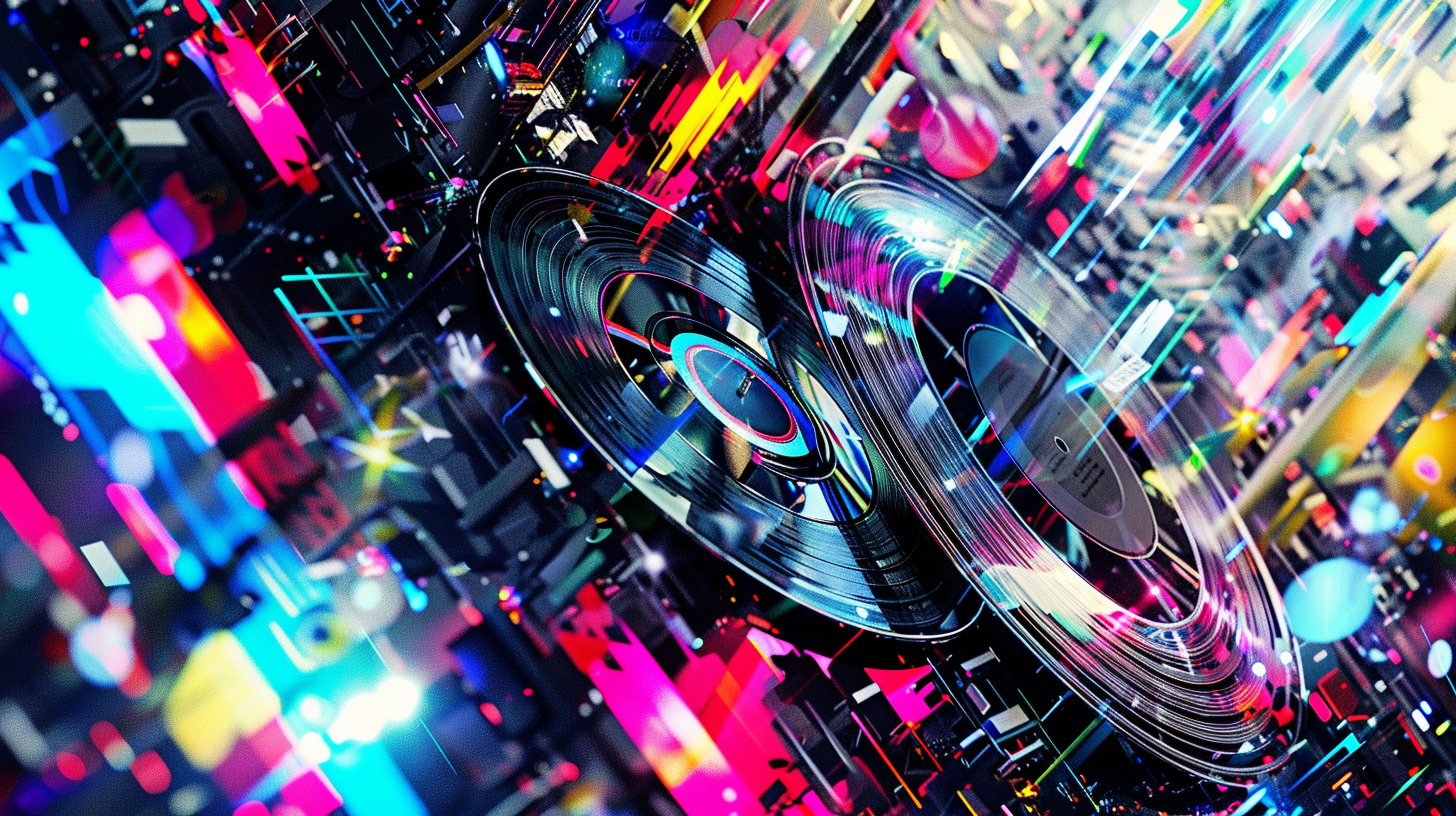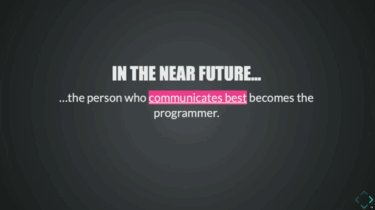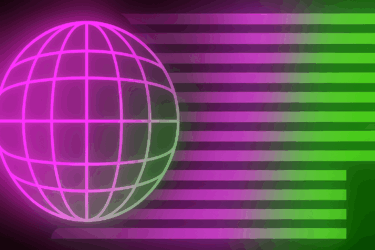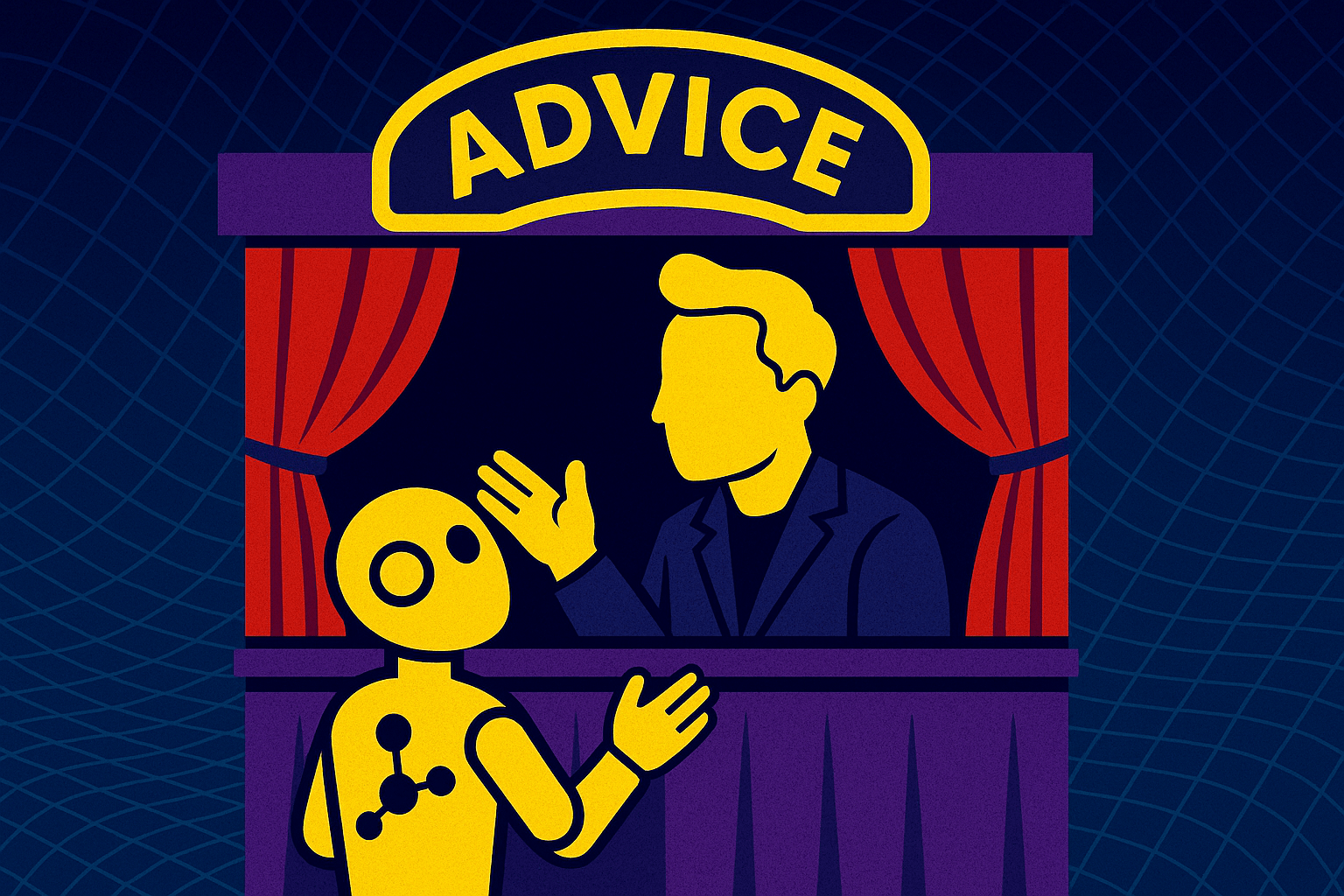More than 200 famous musicians, including Billie Eilish, Katy Perry, and Smokey Robinson, have issued an open letter calling on AI companies to stop using AI in ways that violate and devalue the rights of human artists.
The letter was initiated by the artist rights organization The Artist Rights Alliance (ARA). ARA Director Jen Jacobsen emphasized to Axios that the letter is not about legislation, but about working with technology and digital partners to create a responsible market that does not replace human artists.
The signatories call for the abandonment of music-generating AI technologies that undermine or replace the creativity of songwriters and artists and deprive them of fair compensation.
The letter recognizes that AI can enhance human creativity when used responsibly. However, some platforms and AI developers would use the technology to sabotage creativity and harm artists, songwriters, musicians, and rights holders. The artists say that unregulated and uncontrolled use of AI is not the way forward.
"This assault on human creativity must be stopped. We must protect against the predatory use of AI to steal professional artists’ voices and likenesses, violate creators’ rights, and destroy the music ecosystem."
The timing of the letter's release seems no coincidence: Recently, there have been huge advances in generative AI, which generates pieces of music - up to two minutes long, with matching lyrics - from text prompts alone. The technology is still in its early stages and likely has a lot of room to grow. Suno AI, one of the leading startups in the field, boasts that it can generate radio-quality AI music.
"Some of the biggest and most powerful companies are, without permission, using our work to train AI models. These efforts are directly aimed at replacing the work of human artists with massive quantities of AI-created “sounds” and “images” that substantially dilute the royalty pools that are paid out to artists. For many working musicians, artists and songwriters who are just trying to make ends meet, this would be catastrophic."
AdAdJoin our communityJoin the DECODER community on Discord, Reddit or Twitter - we can't wait to meet you.





